
Read or listen offline
Amazon KindleRecommendation
As capitalist economies careen from one crisis to the next, it’s tempting to believe that risk management is some sort of dark art. Risk consultant Douglas W. Hubbard agrees that the economic collapse of 2008 stained his entire industry. But, he argues persuasively, the problem isn’t that risk-management tools don’t exist or don’t work; the problem is that people too rarely use effective tools. Combining plenty of real-world examples and a clear writing style, Hubbard creates an accessible user’s guide to risk management. To his credit, he doesn’t puff up his own formulation, mentioning it as one of several Monte Carlo approaches. He lays out a strategy that’s easy to follow: Start by adopting a skeptical mind-set, invest in some software, then devote time and energy to gauging the chances that “something bad could happen.” getAbstract recommends his instructive manual to executives and investors seeking insight about managing risk.
Summary
About the Author
Risk consultant Douglas W. Hubbard is the author of How to Measure Anything: Finding the Value of Intangibles in Business.








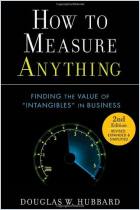

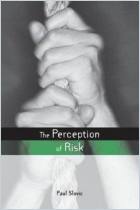
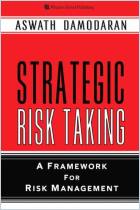
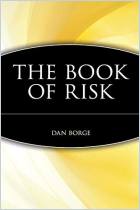
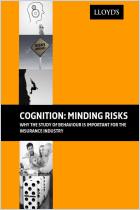
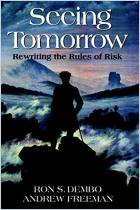





Comment on this summary